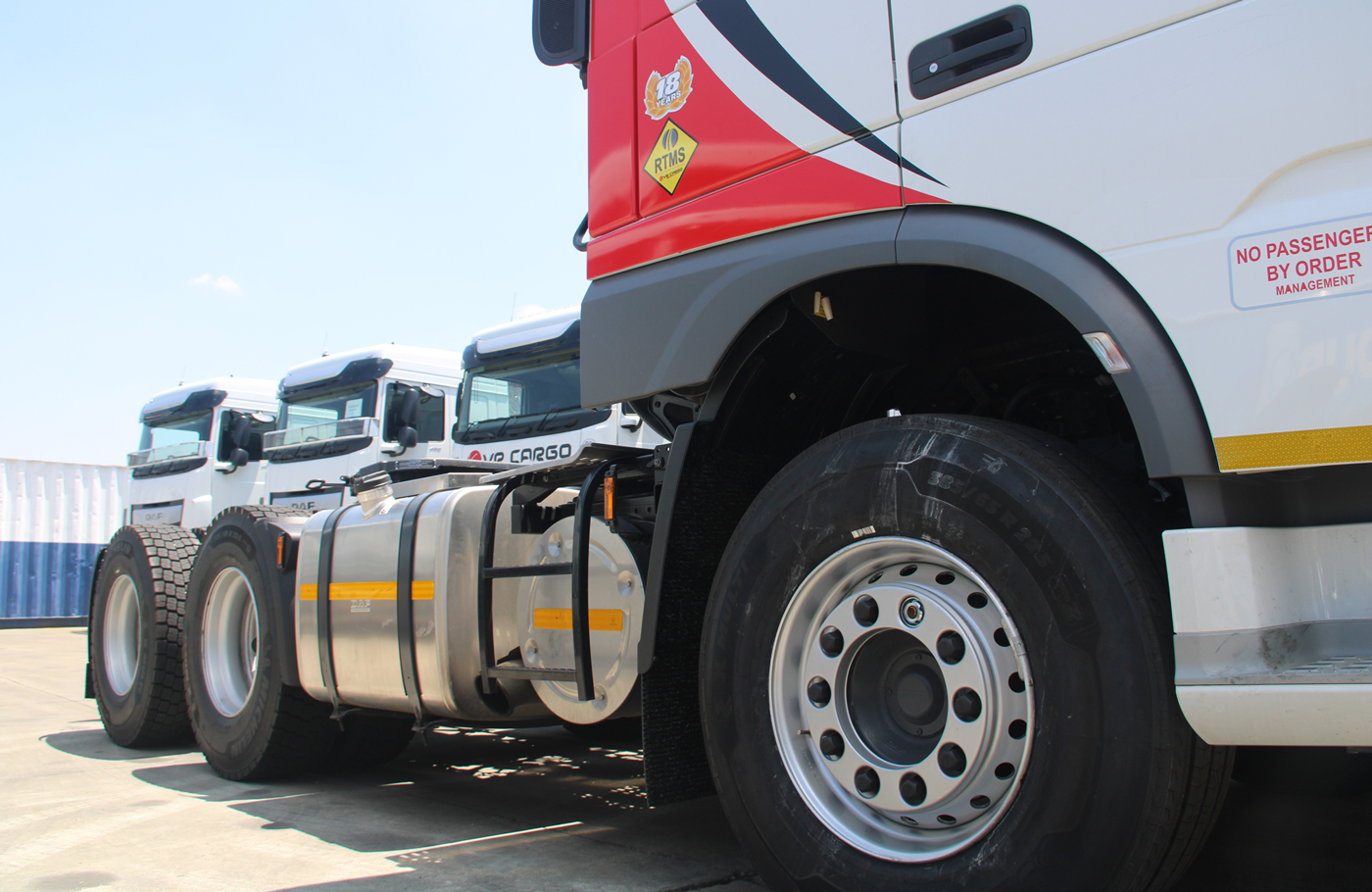Business
Fuel Trucking on the Rise as Transnet Pipeline Costs Surge

South African fuel suppliers are increasingly shifting toward trucking to transport fuel inland, citing a spike in pipeline tariffs as the main driver behind the move. The change comes after the National Energy Regulator of South Africa approved an 8.7% tariff hike on Transnet SOC Ltd.’s key pipeline route from Durban to Gauteng, effective April 1. An additional 5.7% increase is already scheduled for the next financial year.
![ocd93c4jexvdt1ulphvi]m5q_media_dl_1.png](https://smartcdn.gprod.postmedia.digital/financialpost/wp-content/uploads/2025/05/transnet-pipeline-revenue-rising-as-volume-drops.jpg?quality=90&strip=all&w=288&h=216&sig=43scG3mJSBpOq5a0f1tILA)
“Trucking fuel just makes sense—it’s quicker, the cost is almost the same,” said Avhapfani Tshifularo, CEO of the Fuels Industry Association of South Africa, which represents industry giants like BP, Shell, and TotalEnergies. “The tariff is going to keep on increasing because the volumes are dropping.”
Transnet, South Africa’s state-owned logistics utility, is under pressure to restore efficiency in its operations after years of corruption and mismanagement. Despite the completion of the 555-kilometer multi-product pipeline in 2012 to ease road congestion and meet inland demand, the appeal of road transport has grown amid soaring costs and declining refining capacity.
“Fuel sent through the pipeline still needs to be trucked to its final destination, pushing the overall cost up by nearly a third compared to road-only transport,” explained Daan Joubert, Managing Director of logistics firm Auto Commodities and Payloads. “Lowering pipeline tariffs could boost inland economic activity due to reduced fuel costs.”
Transnet acknowledged the rising logistics costs and noted that a study is underway to assess fuel consumption trends, demand forecasts, and infrastructure constraints. The goal is to increase pipeline volumes and reduce long-term costs.
However, the challenges are mounting. The volume of refined fuel transported by Transnet has declined over the past five years, and the utility missed its 2024 targets by 11%, even though revenue from the pipeline division grew. Experts say this reflects broader economic issues, including sluggish growth and a drop in fuel demand.
“Diesel demand is already down due to economic stagnation,” Tshifularo noted. “As vehicle efficiency improves, we expect gasoline consumption to follow suit.”
Despite its recent woes, the Durban-to-Gauteng line still handles about 85% of South Africa’s inland fuel transport. But if pipeline volumes continue to drop while tariffs rise, trucking could become the dominant mode of fuel delivery—raising questions about infrastructure strain, road safety, and environmental impact.
For now, trucking appears to offer a flexible and cost-comparable alternative. But long-term solutions, industry experts agree, will require a more balanced approach to logistics pricing, infrastructure investment, and energy strategy.
{Source: Financial Post}
Follow Joburg ETC on Facebook, Twitter , TikTok and Instagram
For more News in Johannesburg, visit joburgetc.com

















